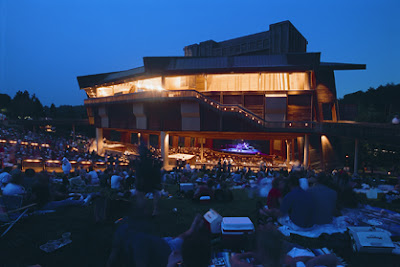Taking the Repeat
I’m not a musician anymore. I play the piano every few weeks. But I’m an avid listener, and sometimes when I hear a piece I knew from long ago, I can imagine the string bass part or I can see the piano music, the key signature, the caesuras, the repeats.
I always liked the latter. The vertical bars, one thick and one thin. The two dots. The permission it gave. Try it again, this time softer or louder or more legato.
Playing the same section twice had its challenges at times, especially if it was a difficult passage. But it also gave me, never the most confident of musicians, two chances to get it right.
Not a bad idea, in music or in life.

